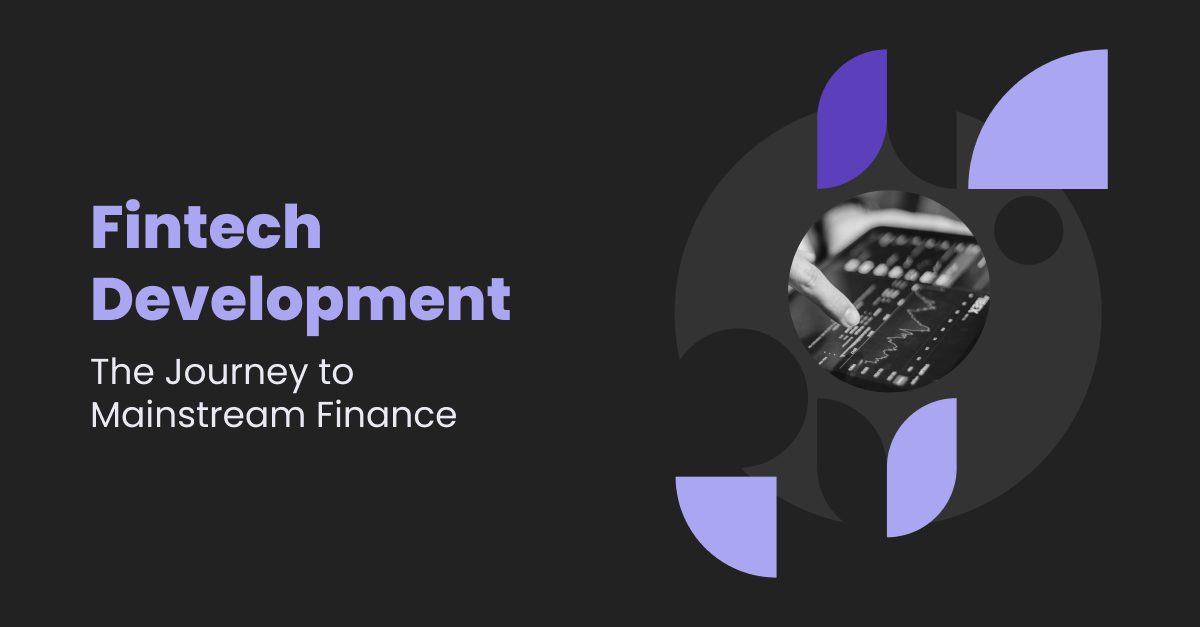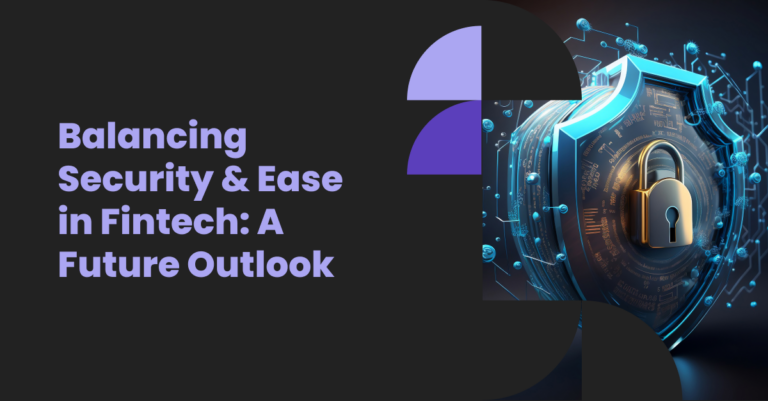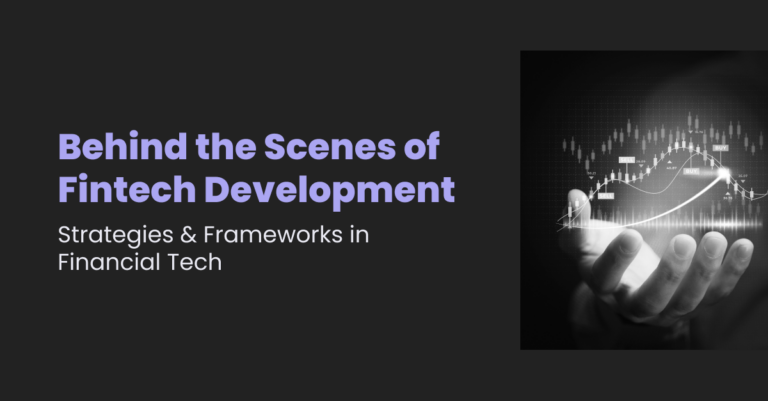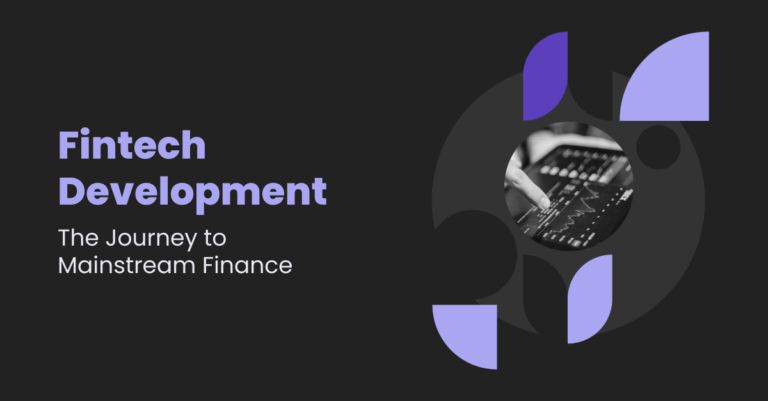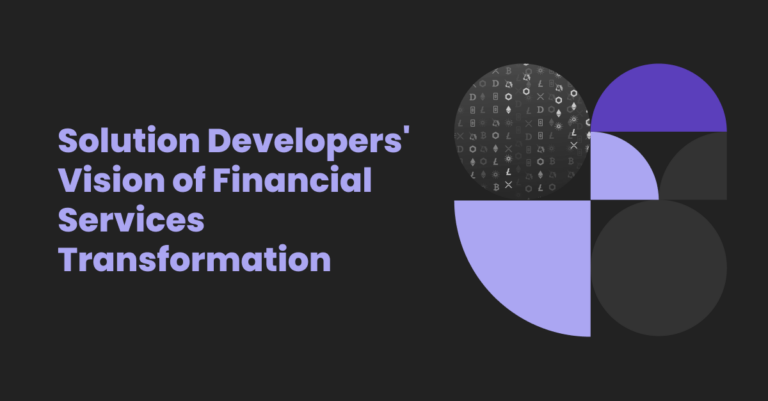Fintech has evolved from a trendy word to a game-changing participant in the financial sector in less than ten years. When these fintech businesses appeared, traditional banking had to sit up and take note. Everything from how we manage our money to acquiring loans, making payments, and investing is being overhauled. But it’s not simply about upending established bank models. Fintech’s massive splash, with a global market value projected to reach $305 billion by 2025, has laid the groundwork for it to effortlessly integrate with the big financial giants. We’re seeing an unbelievable collaboration between old-school banking titans and agile fintech whizzes, influencing what money looks like for all of us in the coming days.
Understanding Fintech’s Disruptive Beginnings

The Ideation and Birth of Fintech Innovations
The advent of fintech was like a tsunami of new ideas propelled by the 2008 financial crisis. It was the realization of tech-savvy entrepreneurs and innovators that they could take on all the sluggish and confusing aspects of traditional finance. The end result? Things include paying with your phone, lending money directly to people without the involvement of banks, and allowing computers to make intelligent stock market moves. All of this was part of fintech’s first main goal: to make financial services available to everyone, not just a select few, with over 1.7 billion adults globally unbanked as of 2017.
Challenges and Opportunities for Early Fintech Startups
Fintech businesses traversed an environment packed with both problems and opportunities in their early stages. They encountered distrust from traditional banking customers, as well as rigorous regulatory regimes. However, these challenges were offset by enormous opportunities: the chance to address gaps in the existing financial system, innovate quickly without legacy restraints, and fulfill a growing consumer demand for digital-first, user-friendly financial services, as seen in the 50% increase in mobile banking usage from 2010 to 2019.
Case Studies: Successful Fintech Startup Models
Companies like Stripe and Square have become iconic instances of fintech success, demonstrating how addressing specific market needs can lead to global impact. Stripe streamlined online payments for businesses, while Square enabled small shops to take credit card payments via cell phones – both of which are now essential components of the financial ecosystem.
Regulatory Hurdles and How Fintech Navigated Them
As fintech firms ventured into traditional banks’ territory, they encountered a complex web of regulations. Successful navigation requires strategic thinking. Some collaborated with banks, benefiting from the banks’ regulatory expertise and established trust, while others sought to reshape the regulatory landscape to accommodate new technologies.
The Role of Fintech Development Companies in the Financial Ecosystem

Collaboration Between Banks and Fintech Developers
The story has transformed from one of rivalry to one of partnership. Fintech development firms have shown to be excellent allies for banks, assisting them in accelerating their digital transformation. Partnerships are becoming more prevalent, with banks offering size and regulatory frameworks and fintechs bringing innovation and technological prowess.
Technological Advancements Pioneered by Fintech
Blockchain, AI, and machine learning are not just buzzwords in the fintech space – they are the backbone of its disruptive potential. Fintech developers have been at the forefront, leveraging these technologies to enhance efficiency, reduce fraud, and offer personalized financial products.
Fintech and Customer Experience: A New Era of Financial Services
Personalization and User Experience in Fintech Solutions
Fintech isn’t simply altering the game; it’s rewriting the customer experience rulebook. Banking feels more like a customized service than a chore. Consider your financial services to be tailor-made for you, thanks to fintech’s savvy use of data to understand your spending habits and saving goals. The end result? A fluid, almost instinctive interface with your finances, as natural as scrolling through your favorite playlist.
Security and Trust in Fintech Platforms
Trust is the currency of the digital era, and financial platforms are wealthy because they must cut corners with security. These businesses understand that with tremendous power comes great responsibility – the power of technology and the obligation to safeguard your money and data. They’re employing everything from unbreakable encryption to biometrics that transforms your unique traits into a fortress, guaranteeing that entrusting your finances to a fintech app feels as secure as shutting your front door.
Mainstream Integration: Fintech’s Growing Influence

From Niche Services to Financial Norms
Initially, the audience for fintech was mostly comprised of early adopters and tech aficionados. It is, however, no longer a novelty but rather a new normal. In cafes and stores, contactless payments, which have seen a 150% increase in use since 2019, are as common as cash was a decade ago. Micro-investing apps have demystified the stock market, turning the average smartphone owner into a budding Warren Buffet.
Future Trends and Predictions in Fintech
As we look ahead, expect fintech to continue blurring the lines between tech and finance. We’re entering an era where your financial services are not just a tool, but a seamless part of your daily life, like a high-tech financial butler. From AI-driven investment advice to blockchain-based transactions, the future of fintech is bound to be revolutionary and ubiquitous.
Conclusion
The fintech narrative is a transformative journey that is still unfolding, with fintech development firms pushing the financial sector to unprecedented innovation. These organizations are more than just participants; they are essential shapers of the future of finance, blurring the barriers between traditional banking and fintech to produce services that are accessible, efficient, and personalized to individual requirements. This integration heralds the dawn of a new era of financial empowerment. The offer is straightforward: connect with these trailblazers, contribute to the discourse, and take part in the economic revolution that is developing. It’s an opportunity to be a part of a movement that will reshape the financial world for future generations.
